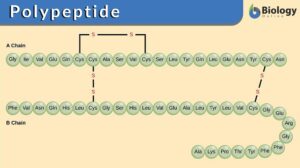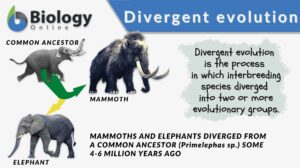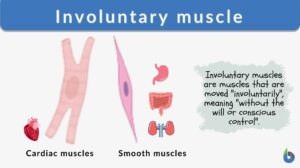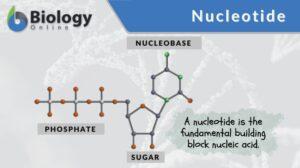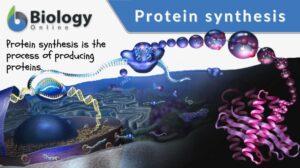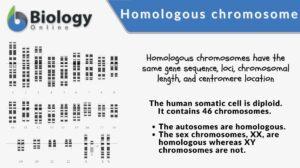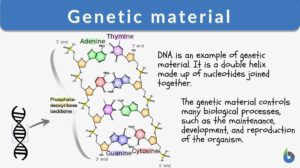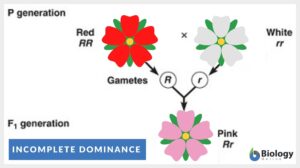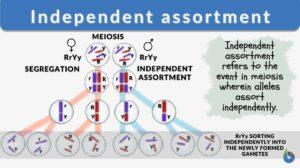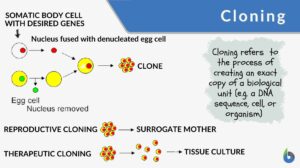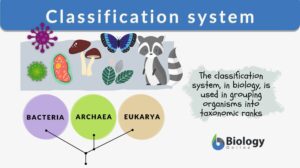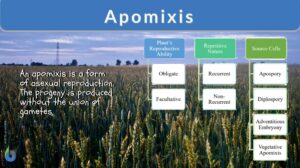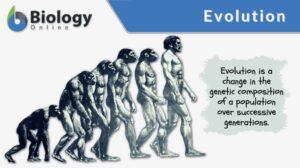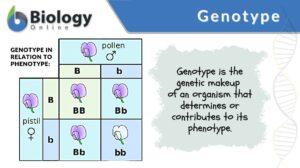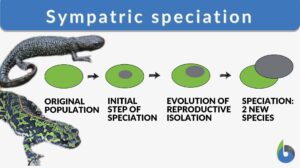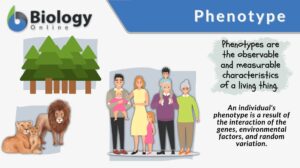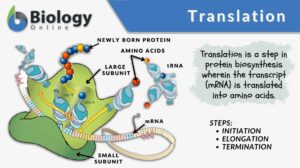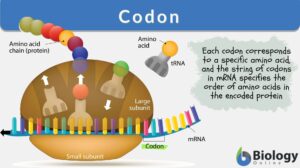Search Results for: join
Polypeptide
Polypeptide Definition Biology What are polypeptides? A polypeptide is defined as a polymer of amino acids joined together... Read More
Cartilaginous joint
Definition noun, plural: cartilaginous joints A joint covered with cartilage, such as hyaline or fibrocartilage to allow... Read More
Sexual reproduction
Sexual reproduction is a mode of reproduction involving the fusion of haploid female gamete (egg cell) and haploid male... Read More
Monosaccharide
Monosaccharide Definition In biology and biochemistry, a monosaccharide is a simple sugar that constitutes the building... Read More
Divergent evolution
Divergent Evolution Definition Divergent evolution refers to the process by which interbreeding species diverged into two... Read More
Involuntary muscle
A muscle act typically either under the control of the will or without conscious control. Muscles that can be controlled at... Read More
Fragmentation
Fragmentation Definition What is fragmentation? In general, fragmentation refers to the state or the process of breaking... Read More
Nucleotide
Nucleotide Definition A nucleotide is regarded as the basic building block of nucleic acid (e.g. DNA and RNA). A nucleic... Read More
Protein synthesis
Protein synthesis is the process of creating protein molecules. In biological systems, it involves amino acid synthesis,... Read More
Homologous chromosome
A homologous chromosome pertains to one of a pair of chromosomes with the same gene sequence, loci, chromosomal length, and... Read More
Binary fission
Binary Fission Definition What is binary fission? In biology, binary fission is a type of asexual reproduction where a... Read More
Genetic material
Genetic Material Definition What is genetic material? Genetic material is the hereditary substance in the cell. It carries... Read More
Incomplete dominance
Incomplete Dominance Definition After Gregor Mendel discovered inheritance laws, the term ''incomplete dominance'' was... Read More
Independent Assortment
Independent Assortment Definition Independent assortment refers to the alleles or genes that sort into the newly formed... Read More
Allopatric speciation
We can define speciation as a process by which the novel genetically independent group of organisms are formed through the... Read More
Classification system
Classification Systems Definition In life, many things are classified, that is, to put into categories or groups based on... Read More
Codominance
Codominance Definition Codominance is a form of inheritance wherein the alleles of a gene pair in a heterozygote are fully... Read More
Polymerization
Definition noun, plural: polymerizations The act of process of forming a polymer, especially by chemical reactions that join... Read More
Sympatric speciation
Speciation is a process of evolution through which two different existing populations evolve and a distinct species form. It... Read More
Parthenogenesis
To reproduce, by definition, means to produce new offspring. The process is referred to as reproduction, which is one of the... Read More
Translation
Translation, in general, is the conversion of something into another form, such as a word from one language to another. But... Read More
Conjugation
Conjugation generally means the joining or coming together (union), such as in certain unicellular organisms (some bacteria,... Read More
Smooth muscle
The smooth muscle can be described as a type of muscle in the human body that is non-striated and involuntary in action.... Read More
Eubacteria
Eubacteria are prokaryotic microorganisms consisting of a single cell lacking a nucleus and containing DNA is a single... Read More
Complete dominance
Complete Dominance Definition Genetics is the study of how traits are inherited by organisms and in what ways these... Read More

